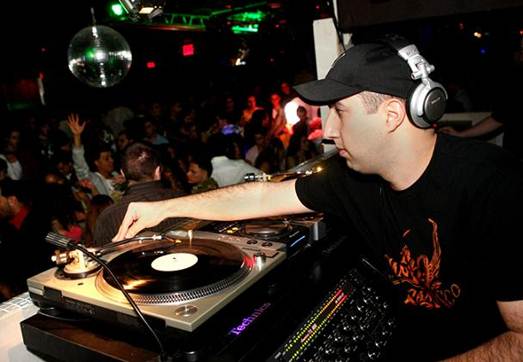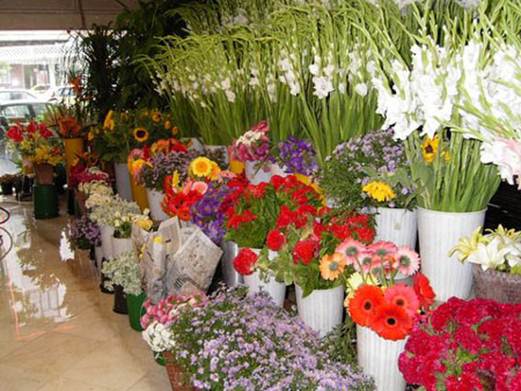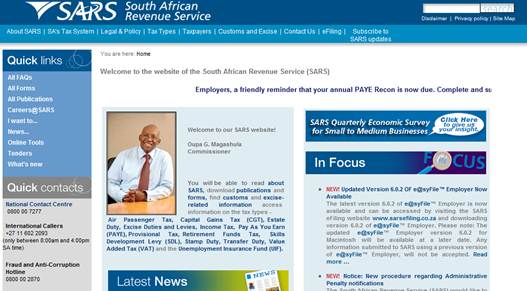When the music moves you
Zile Mokgang, a 22-year-old graphic and web
design student at ATTI Computer College in Bloemfontein, has always loved house
music. “Since high school, I’ve never missed a radio set by DJ Kent,” she
smiles. So when the opportunity to enroll in a two-month DJ course taught by a
friend at Bloem Beat Records came along, she grabbed it. Zile started DJing for
free at small parties for friends and family. “Now I DJ at big events with 1
000 people, such as the Mangaung Beach Party and Spring Bash, where I played
alongside national and international DJs. I’ve also had three slots on Motheo
FM’s deep-house sessions, which was a great way of getting free publicity.”
Zile makes a plan to constantly find event organizers for whom she can play a
free set, with the aim of getting them to book her for their next event.

Tip-off:
Remember to set some of your earnings aside to reinvest in your hobby. “I
needed to buy my own decks, headphones, CDs and carry bags,” says Zile. Ernest
advises working off a BES system: business, expenses, saving. “First plough a
percentage of profit back into your business, then another percentage into a
savings keep growing so you’re never caught off-guard.”
A perfect arrangement

Susan Blair, 31, a primary school teacher
from Bloemfontein and mother of two, fell in love with flower arranging when
she started helping her mom (also a teacher) create arrangements for matric
farewells. Years later, she and her sister began doing the flowers for friends’
corporate functions in their spare time. “We made many free arrangements for
marketing purposes, and eventually were creating 10 per week for local
businesses.” A few months later a friend asked the sisters for flower advice
for her wedding. “We ended up doing all the arrangements,” says Susan. From the
avalanche of compliments they received – their eclectic mix of colours,
compositions and textures became a talking point in the city – the sisters
realized there was a gap in the Bloemfontein market for blooms with a twist.
“Three years down the line, we do an average of seven weddings per months.”
Tip-off: Cut
down on costs by making use of available resources, says Susan. “As our
business grew, we converted an outside buildings at home into a studio. That
allowed us to save on additional rental and put money back into the business.”
Form a cooperative with similar businesses in your area so that you’re able to
travel together to suppliers, suggests Boateng. This will save on transport
costs and allow you to negotiate bulk prices.
You’re in business!

Ernest Boateng, operations manager at the
South African Institute for Entrepreneurship, reveals the tax facts you need to
know.
Operating as a sole trader is often the
ideal choice for small businesses. It doesn’t have to be legally registered, is
simple to set up and you can start trading under your own name immediately.
Because you are not a business entity – you
are the business – you will be expected to pay normal employees tax on the
money that you earn. Whether this is additional income to your normal salary,
or is the only income you receive, you need to register as a provisional
taxpayer, which is “any person who receives income other than remuneration,”
according to the Receiver of revenue (SARS) website.
Keep a record of all your income and
business expenditure in order to determine what your tax liability is. Seek
guidance from a tax consultant initially to steer you in the right direction.